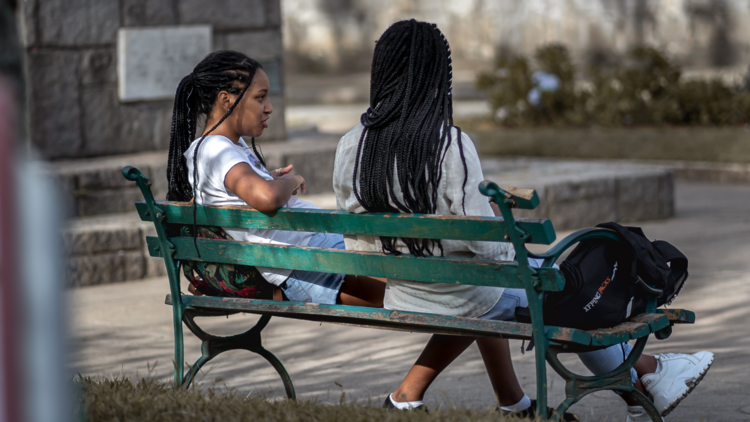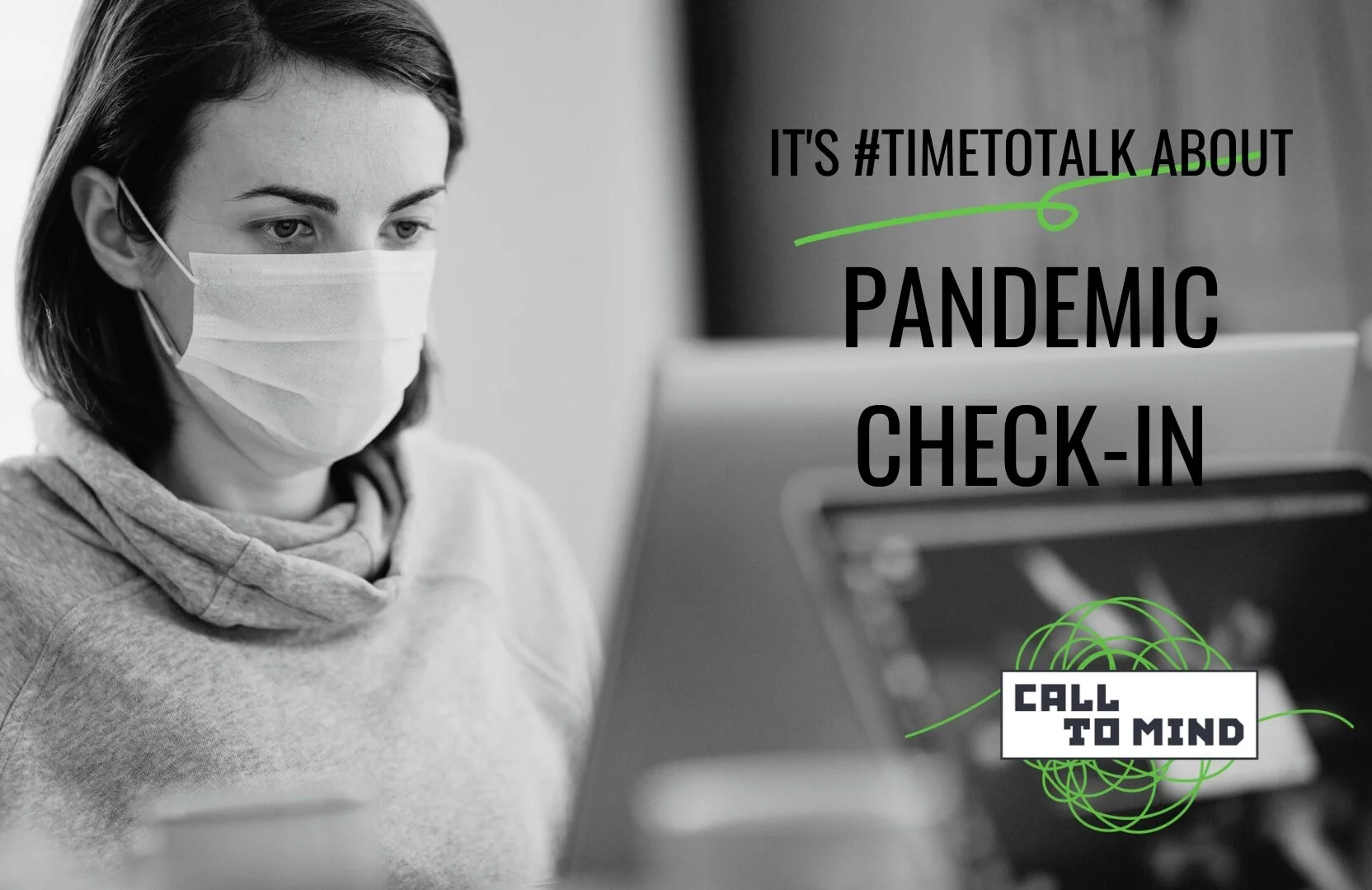September marks National Suicide Prevention Month. Call to Mind strives to foster new conversations about mental health and suicide prevention all year-round. This month we join like-minded organizations to promote honest conversations about suicide to support those of us who need help.
Read MoreEven before the COVID-19 pandemic, college counseling services were reporting an uptick in the number of students with serious mental health conditions. A new documentary focuses on colleges’ responses to a perceived mental health crisis among students and asks: What is a college’s responsibility for helping students navigate mental health challenges?
Read MoreDo you have a computer or mobile device with reliable internet connection? It’s an important question mental health providers and clinics have been asking since the COVID-19 pandemic response started. People who can answer “yes,” are often able to connect with licensed mental health providers.
Read MoreWorkplace stress can get the best of us all. And beyond the blows to your performance and productivity, workplace stress can affect your mental health.
Read MoreIn Tokyo, Olympians are showing us that taking care of our mental health is a group effort. While we aren’t all world-class athletes, we can all practice being teammates to support the mental health of those around us.
Read MoreThe COVID-19 pandemic quickly changed our lives in so many unexpected ways. Now with the uncertainty of the Delta variant and most stay-at-home restrictions lifted, it’s not surprising that many people are anxious about moving back into their pre-pandemic activities.
Read MoreJuly 24th is International Self-Care Day – a day dedicated to the importance of personal wellness.
Read MoreHas COVID messed with your vacation plans? Maybe financial strain or job security fears have pushed using paid-time-off (PTO) down on your priority list. Just remember taking time off work is important for your mental health.
Read MoreJuly marks an important mental health observance – BIPOC Mental Health Month, also known as the Bebe Moore Campbell National Minority Mental Health Awareness Month.
Read MoreMay is Mental Health Awareness Month and each week Call to Mind will be highlighting an area of mental health focus to bring visibility and spark conversation because we think it’s #TimeToTalk about Youth Mental Health
Read MoreMay is Mental Health Awareness Month and each week Call to Mind will be highlighting an area of mental health focus to bring visibility and spark conversation because we think it’s #TimeToTalk about Mental Health Policy.
Read MoreMay is Mental Health Awareness Month and each week Call to Mind will be highlighting an area of mental health focus to bring visibility and spark conversation because we think it’s #TimeToTalk about checking in with your mental health during a pandemic.
May is Mental Health Awareness Month and each week Call to Mind will be highlighting an area of mental health focus to bring visibility and spark conversation because we think it’s #TimeToTalk about Maternal Mental Health.
Alisa Roth spoke to an audience at Metro State University on how America’s criminal justice system developed and what we can do to improve it’s treatment of mental illness. She shared some insights on mental health, policing and incarceration.
Read MoreSchool districts are hiring companies to monitor students online, aiming to flag those struggling with mental health issues and harmful behavior. But it's raising privacy and data collection concerns.
The CDC reports suicide rates went down in 2019. But one group has been having an especially hard time: young Black people. And nobody is sure why. Alisa Roth explores what is going on.
Read MoreAbout 30 percent of first responders experience depression or post-traumatic stress disorder, compared with 20 percent of the general population. They’re also at higher risk of dying by suicide, according to federal estimates.
Read MoreDuring this unprecedented time, we are spending more time on screens and thumbing through a lot of information that can be negative, saddening and disheartening. This habit is called “doomscrolling” and it can often lead to more fear, anxiety and stress.
Read MoreA report out this week from the U.S. Centers for Disease Control and Prevention sheds light on the mental toll the pandemic is having on Americans. It says nearly 41 percent of adults reported adverse mental health conditions in June, with those reporting depression and anxiety up threefold from the same time last year.
Read MoreAs schools in Minnesota and around the country prepare to open in a few weeks — whether in-person, hybrid or remotely — teachers and school officials aren’t just scrambling to figure out how to keep students learning. They’re trying to figure out how to help students handle their mental health.
Read More
















